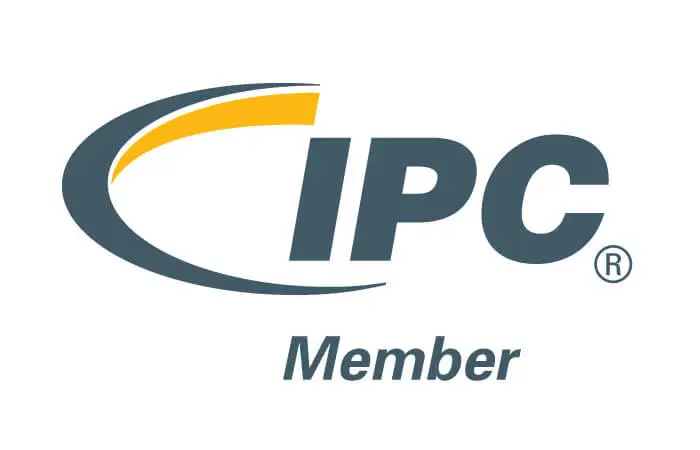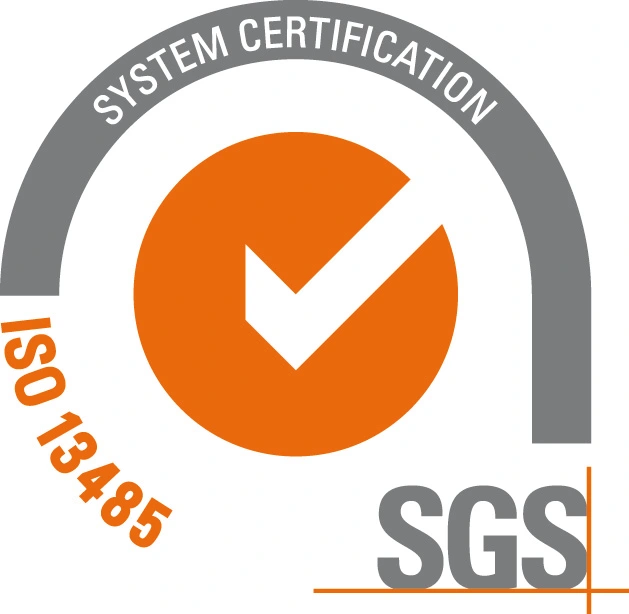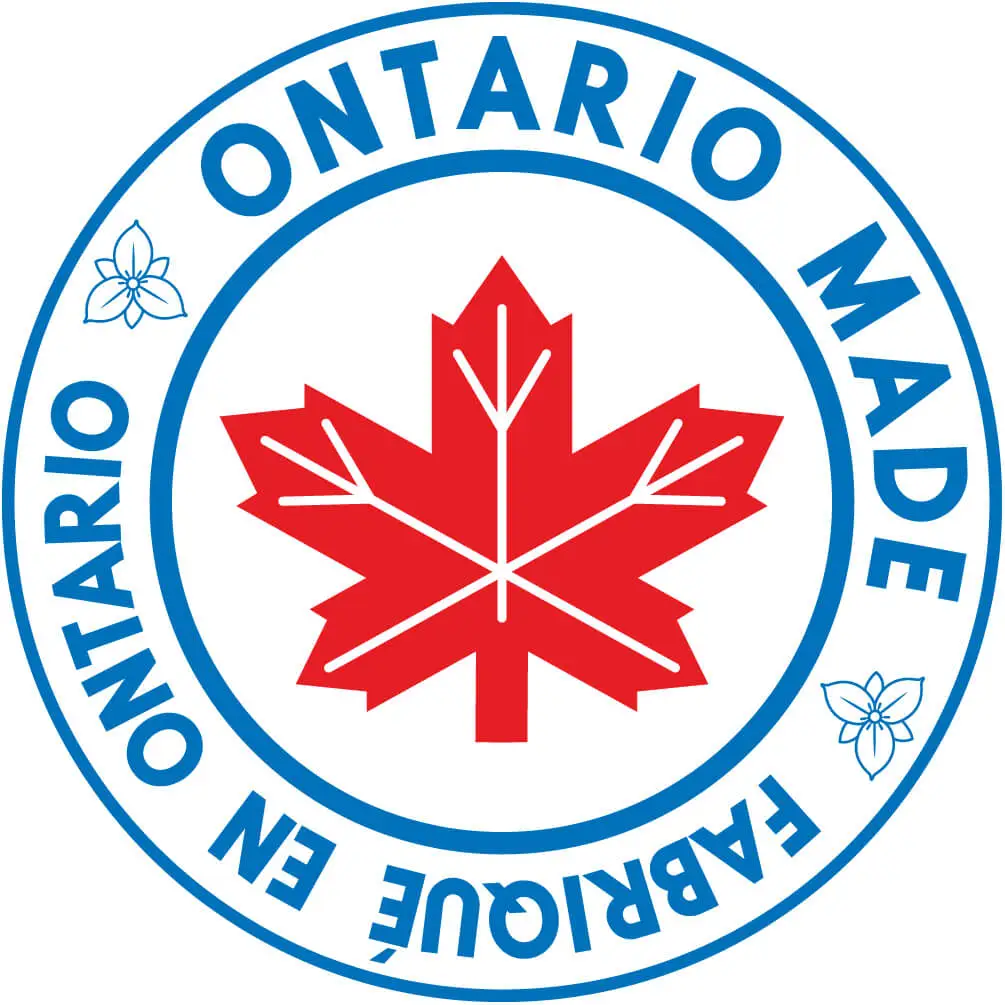TURN-KEY PCB ASSEMBLY: BITTELE ELECTRONICS
PCB MANUFACTURING AND ASSEMBLY
Full Turn-Key PCB Manufacturer
You can quickly get quotes and order PCB fabrication and assembly using our online system. Take advantage of exclusive automatic discounts with our tool. Our BOM pricing tool ensures you receive the lowest price for your order.
START A TURN-KEY PCB ORDER
Conformal Coatings of Circuit Boards (PCB)
Coatings for high temperatures and wet environments
Wet or moist environments, as well as contaminant-laden ones, can causes failures on printed circuit boards in the form of short circuits. They can also corrode conductors and/or solder joints. To overcome these problems, a conformal coating can be added to a printed circuit board.
In addition, conformal coatings deter dendritic growth and/or inhibit the occurrence of electromigration, which is the incremental movement of a conductor's ions due to momentum transfer that can result in premature failure of electrical interconnection points.
Of the five types of conformal coatings commonly applied, all of them prevent abrasion and damage of components and circuits on PCBs from solvents. Stress relief and insulation resistance protection can be added to the PCB via the conformal coating.
Definition of Conformal Coating
A conformal coating is material added to PCB circuits to protect them from moist environments, air particulates, chemical solvents and very high temperatures that could (without the coating), have a deleterious effect or result in the failure of an electronic circuit. Thus, when a PCB will be used in a harsh environment, a conformal coating is added for protection.
To correct any environmental problems that would affect the proper operation of the circuit, PCB manufacturers will typically add a clear layer of conformal coating, instead of potting, to the PCB and associated assemblies.
Different Types of Conformal Coatings
There are five types of conformal coating materials available commonly offered in the competitive marketplace. They are:
Acrylic Coating
This type of coating material is usually based on solvents and are easy to repair. Acrylic coatings are usually modestly priced. However, their costs have been increasing as new regulations and safety issues with the use of solvents have become more prominent. While acrylic coatings have the advantages of being hard, durable and clear, they are not good at the relief of stresses. Its potting lifespan is rather good since more solvent can always be added to maintain the bath viscosity at a minimum. This type of coating material has low moisture absorption and a short time for drying in the event that volatile solvents are used.
Epoxy Coating
This type of coating material has the characteristics of being extremely hard with opaqueness and typically has an above average moisture resistance. Epoxy coatings have very high chemical and abrasive material resistance; however, the coating can place stress on PCB parts when temperature variations occur. Another concern for this type of coating is that extra precautions for safety purposes need to be taken when working with cure chemistries. This type of coating can also create a lot of change in viscosities and challenges in maintaining curing times as well as the proper thickness of the coating during widely changing temperatures.
Urethane Coating
This type of coating material has a great amount of strength, hardness and provides a very high level of solvent resistance. Urethane coatings also provide superb resistance to abrasion and a low level of permeability of moistures. In addition, they have good low-temperature adaptability. Their limitation is they don't perform well in high temperature environments and for the most part cannot be repaired.
Paraxylylene Coating
This type of coating material is very consistent and obtains a very high level of coverage of the PCB's pins. However, it is expensive, sensitive to contaminants, and must be applied in a vacuum.
Silicone Coating
This type of coating material has many varieties including, elastoplastic which are tough and abrasion-resistant, to elastomeric which are soft and function well as a stress-reliever.
Silicone coatings feature the following benefits:
- Capable of being RTV or heat cured.
- Perform well over an extremely broad range of temperatures.
- High level of resistance to humidity and/or moisture.
- Versatile for processing
- Easy to repair
- Minimally toxic
Related Articles:
Please briefly describe the information you are seeking in the search bar below.






 English
English